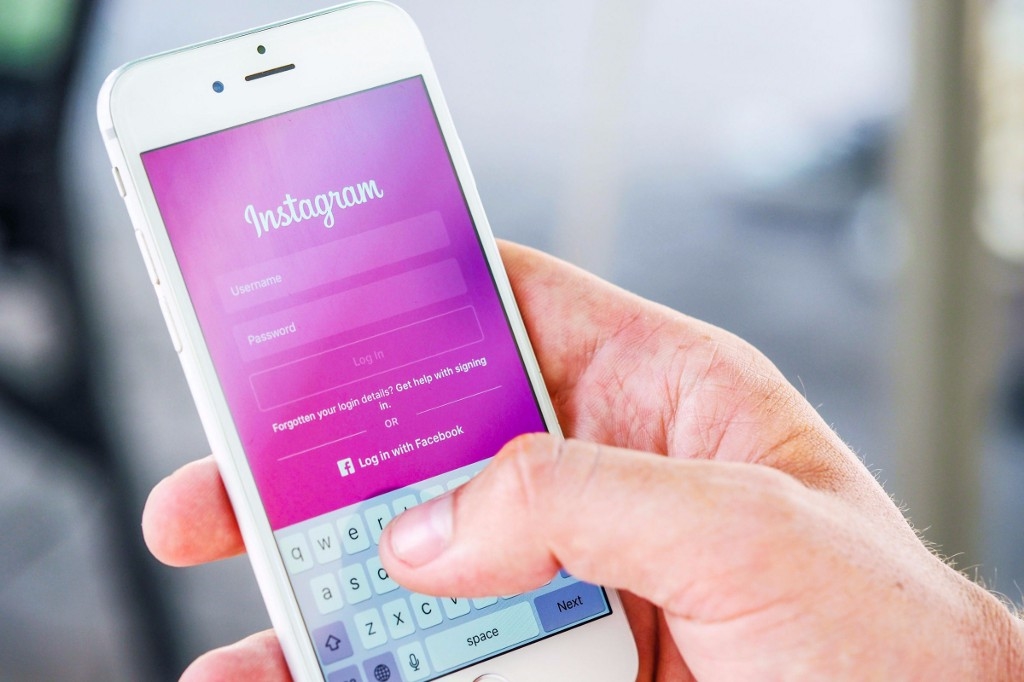— December 21, 2017
“HOW ADVERTISERS COULD BE HURT IF NET NEUTRALITY DIES” — Ad Age, May 22, 2017
“THE END OF NET NEUTRALITY COULD BE GOOD FOR MARKETERS — AND BAD FOR ALMOST EVERYONE ELSE” — Ad Age, November 22, 2017
 “Ask me in another six months for a fun new answer!”
“Ask me in another six months for a fun new answer!”
As the two headlines from Ad Age six months apart can attest, it’s hard to say what exactly will happen with the end of Net Neutrality that has been making headlines for the last few months. Now that it’s officially happened, everyone is wondering what will become of the internet as we know it.
Despite the “positive outlook” of that second article’s headline (and honestly, the reason for the positivity is really general and unspecific if you read the post), the repeal of Net Neutrality is almost certain to have a negative impact on marketing, especially for SMBs. Let’s dive in.
Display advertising will suffer…even more.
Display ads have already been hit hard by ad blockers. A 2016 report by Juniper Research showed that ad blocking will rob publishers of $ 27 billion by 2020. And now even Google’s Chrome will have its own built-in ad blocker.
With the end of Net Neutrality, the internet will be fragmented into sites that not everyone will be able to easily access. For example, maybe only Verizon customers will have unrestricted access to ESPN.com, while customers on other internet providers will be throttled (and thus be less likely to visit). All of a sudden, a company’s ad spend on ESPN is reaching far fewer eyeballs.
Big corporations with deep pockets will be able to weather this fragmentation. Heck, they’ll probably even cut deals with ISPs to get unfettered access to advertise cheaper. But the small businesses are the ones who will be unable to compete; it will be too expensive (and time consuming) to run ads on a dozen sites when just one used to be enough.
Content/Inbound marketing will be less effective.
In a similar way, we should expect to see content marketing take a hit. In short, great content in the form of white papers, eBooks, articles, and even video won’t matter if people can’t get to them.
 “Yeah, I didn’t need to read this article about doubling my business anyway.”
“Yeah, I didn’t need to read this article about doubling my business anyway.”
Again, in the worst case scenario, only certain sites will reach certain eyeballs depending on the ISP, corporate deals, and pay tiers. All of a sudden, that Forbes article that was accessible by anyone with an internet connection will only reach a fraction of its former audience.
And if you’re an SMB with a small, but loyal following? Well, you better hope your content isn’t being throttled on their end. Because McDonald’s will have the cash to buy their way in front of everyone, but your business won’t… even if your content is objectively better and more relevant.
So what does all of this mean for affiliate marketing?
Affiliate marketing will be less affected than other channels
While a big part of what makes affiliate marketing successful are the bloggers who post great content that are then monetized with affiliate links (and rest assured, this will be affected by the end of Net Neutrality), there is a great equalizer at play: social media.
No matter what happens, it is highly unlikely that anyone will be throttled in their use of social media. The audience for Facebook, Instagram, and Twitter is just too large. You take away a few blogs that a teen frequents, he/she will be upset but will quickly move on; you take away a teen’s social media and there will be riots in the street.
 “You can pry Instagram out of my cold, dead hands.”
“You can pry Instagram out of my cold, dead hands.”
And since social media is a huge and equal platform for affiliate, referral, and influencer marketing, it stands to reason that this marketing channel will remain effective (and open) despite the repeal of Net Neutrality.
To be clear, this is not ideal. Even though it’s unlikely that social media would be throttled, platforms that are data intensive like YouTube have a higher likelihood of being affected by the repeal. And YouTube is also a giant platform for influencer marketing.
But with all things considered, affiliate marketing’s reliance on social networking and emailed links will buffer this marketing channel from being affected by the repeal of Net Neutrality as much as display, content, and other forms of marketing. In fact, affiliate marketing may even grow due to the repeal as businesses, especially SMBs, scramble to make up for the losses in these other channels.
In short, a neutral internet is the best for businesses. The battle for Net Neutrality is far from over, and we’re hopeful that it will be reinstated before these worse case scenarios. But if not, it may be prudent to hedge bets with a marketing channel that’s less reliant on a free internet.
Digital & Social Articles on Business 2 Community
(81)
Report Post






